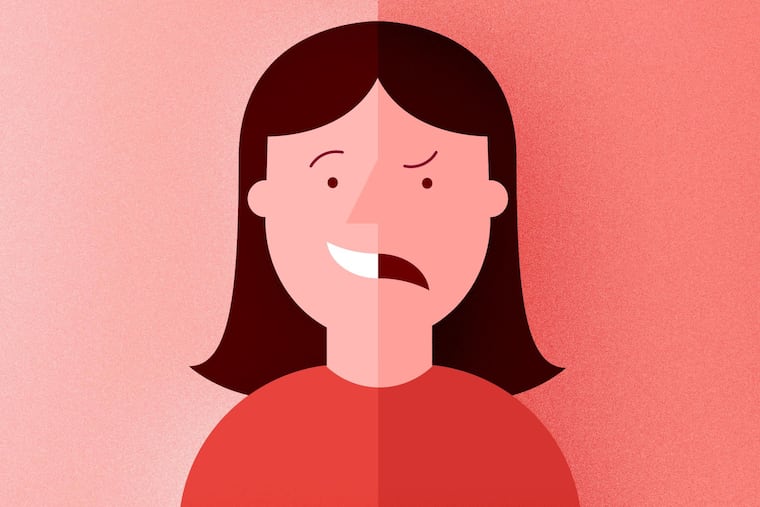To understand our emotions, we must first understand our thoughts
Don’t let your emotions fool you. They may seem inevitable and unchangeable. They are not.

This is the first in a three-part series inspired by psychotherapy pioneer Tim Beck.
Aaron Temkin Beck — Tim to his friends and family — is often called the father of modern psychotherapy. A capsule summary of his paradigm-shifting insight: Our emotions are a result of our thoughts, and therefore, to understand our emotions, we must understand the thoughts that give rise to them.
Consider anger. Just the other day, toward the end of one of those family Zoom calls that now substitute for getting together in person, a perfectly pleasant conversation turned sour. Before I knew it, I was quite literally flush with anger. What happened?
The emotion of anger arrived, sudden and swift. If you’d asked me in that moment what I was thinking, I’d say I wasn’t thinking anything. I was feeling. I was feeling mad.
But the next morning, when I reflected on what had happened, I recognized that what triggered my anger was a thought: “You’re insulting me.”
In cognitive therapy, a therapist helps you pay attention to your thoughts and dispute ones that are inaccurate and maladaptive. For instance, a therapist might ask me to consider why I was so easily triggered in that family conversation. I might consider different ways to interpret the situation, such as “You’re misunderstanding me. I need to be more clear.” Or “You think I’m insulting you. You’re taking offense.”
Now, when I’m angry, I search for ways in which I perceive my rights have been violated. When I’m sad, I ask myself, “What is it that I feel like I’ve lost?” When I’m anxious, I ask, “What threat do I sense on the horizon?” When I’m happy, I ask, “What have I gained to make me feel this way?”
And for all of these thoughts, I then consider: “How likely is this the only possibility? What else could be true?”
Likewise, when I’m on the receiving end of emotions — whether positive or negative — I ask myself, “What thought might have led to that emotion? What else could be true?”
In the days following that family Zoom call, I sat pondering my thoughts. This, in turn, prompted me to write an email extending an olive branch. I apologized. I clarified what I’d meant and admitted I should have been clearer. Then my relative did the same. We both confessed to feeling just horrible about our argument, and my anger was replaced by relief and joy.
Don’t let your emotions fool you. They may seem inevitable and unchangeable. They may seem like direct responses to your situation. In fact, emotions come from thoughts — not your situation but how you interpret your situation.
Do remember the French proverb: “Tout comprendre, c’est tout pardonner.” Translation: To understand is to forgive. What Tim has shown us is that understanding is also the first step to change. I can guarantee you that in the next 24 hours, you will experience many different emotions, some positive and some negative. Try noticing them and searching for the thoughts that explain — and empower — you to manage what happens next.
Angela Duckworth is the founder and CEO of Character Lab and a psychology professor at the University of Pennsylvania. You can sign up to receive her Tip of the Week — actionable advice about the science of character — at characterlab.org.